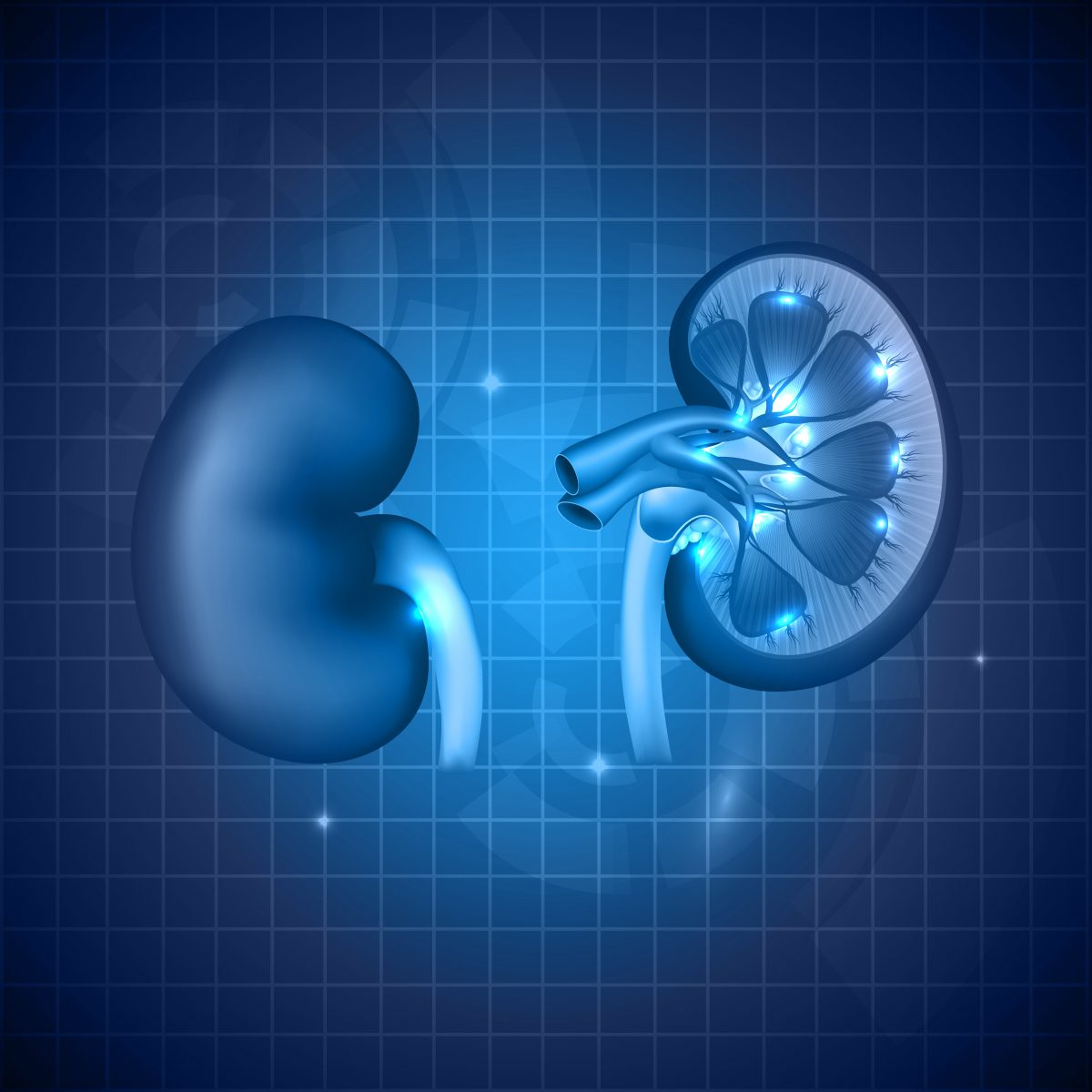Aurinia to Present Good News on LN Voclosporin Trial at Upcoming Lupus Meet in Australia
Written by |

Canada’s Aurinia Pharmaceuticals will report positive results from its 48-week AURION clinical trial evaluating voclosporin for lupus nephritis (LN) treatment. The presentation will take place at the 12th International Congress on Systemic Lupus Erythematosus (LUPUS 2017) & the 7th Asian Congress on Autoimmunity (ACA 2017), to be held March 26-29 in Melbourne, Australia.
At the meeting, Robert Huizinga, Aurinia’s vice-president of clinical affairs, will present an abstract, “AURION Study: 48-Week Data of Multi-Target Therapy with Voclosporin, Mycophenolate Mofetil (MMF) and Steroids for Active Lupus Nephritis.”
AURION (“Aurinia Early Urinary Protein Reduction Predicts Response Study,” NCT02949973) is an open-label, single arm, exploratory clinical trial evaluating 10 active LN patients being given voclosporin, 23.7 mg twice daily, in combination with standard of care, namely mycophenolate mofetil and corticosteroids.
The study, being conducted at different trial sites in Malaysia, examines biomarkers of disease activity at eight weeks and their ability to predict response at 24 and 48 weeks.
“AURION has provided early proof of concept data to support voclosporin’s use in the treatment of active LN,” Aurinia CEO Richard M. Glickman said in a press release. “The ability to quickly predict responses and remission rates using biomarkers can help clinicians optimize patient care and long-term outcomes.”
In October 2016, the company announced that 70 percent of patients enrolled in the AURION clinical trial achieved complete disease remission at 24 weeks of treatment with voclosporin. It also said patients who achieved remission at eight weeks stayed in remission at 24 weeks. Complete LN remission means a urinary protein creatinine ratio (UPCR) equal or less than 0.5 mg/mg, eGFR (estimated glomerular filtration rate) within 20 percent of baseline, and steroid dose of less than 5 mg/day.
After 24 weeks of treatment, patients experienced a normalization of inflammatory biomarkers of active LN, including C3, C4 and anti-dsDNA, with no safety issues reported. They tolerated the drug well.
Voclosporin is an investigational immunosuppressant capable of inhibiting an enzyme called calcineurin, which activates immune T-cells. The drug has a synergistic and dual mechanism of action that can potentially improve near- and long-term outcomes in patients with LN when added to standard of care.
LN is a kidney inflammation caused by systemic lupus erythematosus (SLE) — a chronic, complex and often disabling disorder that affects more than 500,000 Americans, mostly women. Experts say up to 60 percent of all SLE patients have clinical LN requiring treatment.




